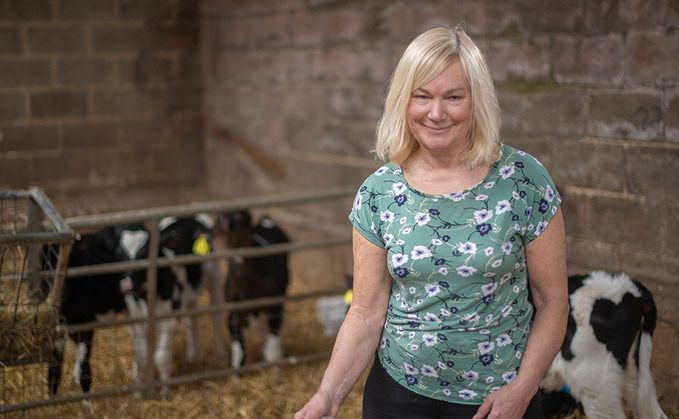
This year we have all become living history, an integral part of events which will be analysed for many years to come. As individuals, we feel suspended and taken out of our comfort zones. Some people...

This year we have all become living history, an integral part of events which will be analysed for many years to come. As individuals, we feel suspended and taken out of our comfort zones. Some people...
Sheep were the reason Valentina Busin came to Scotland and the reason she stayed. From on farm experience to virus surveillance, she shares why farmer–vet collaboration matter more than ever.
Teagasc’s Future Beef Programme continued its spring webinar series with a focus on what matters most in every suckler herd, delivering a live calf and keeping it alive.
Following the publication of its Animal Welfare strategy in December, Defra has introduced two consultations